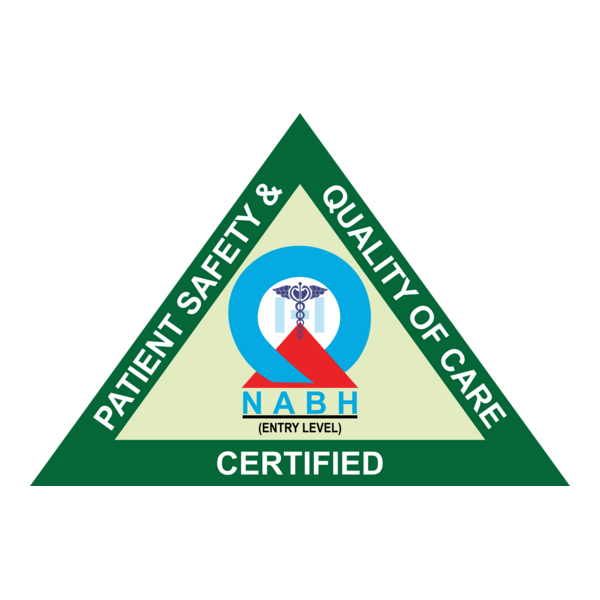Nasal Allergy Testing
Definition
Nasal allergy testing involves identifying allergens that trigger allergic reactions in the nasal passages, such as pollen, dust, or pet dander. Accurate testing helps guide effective treatment and prevention strategies for allergy management.
Purpose of Nasal Allergy Testing
To identify specific allergens causing nasal congestion, sneezing, or runny nose
To guide personalized treatment plans for allergy relief
To prevent chronic sinus or respiratory complications
To improve overall quality of life by reducing allergy symptoms
Types and Methods of Testing
Skin Prick Test
Small amounts of allergens are applied to the skin
Reaction (redness or swelling) indicates sensitivity
Intradermal Test
Allergens are injected just under the skin
Detects more subtle or hidden allergies
Blood Test (IgE Testing)
Measures allergen-specific antibodies in the blood
Useful when skin testing is not possible
Patch Test
Checks for delayed allergic reactions on the skin
Helps identify allergens causing long-term nasal irritation
Benefits of Nasal Allergy Testing
Identifies triggers for nasal and respiratory allergies
Guides effective treatment and prevention strategies
Reduces allergy symptoms like congestion, sneezing, and runny nose
Improves overall comfort, breathing, and quality of life


